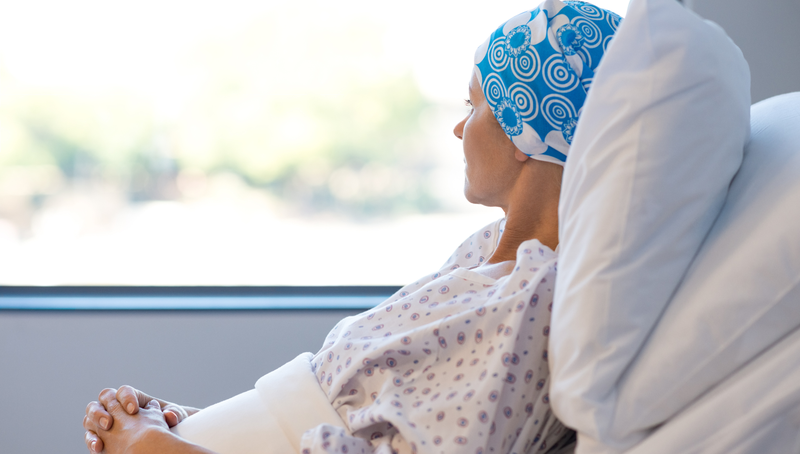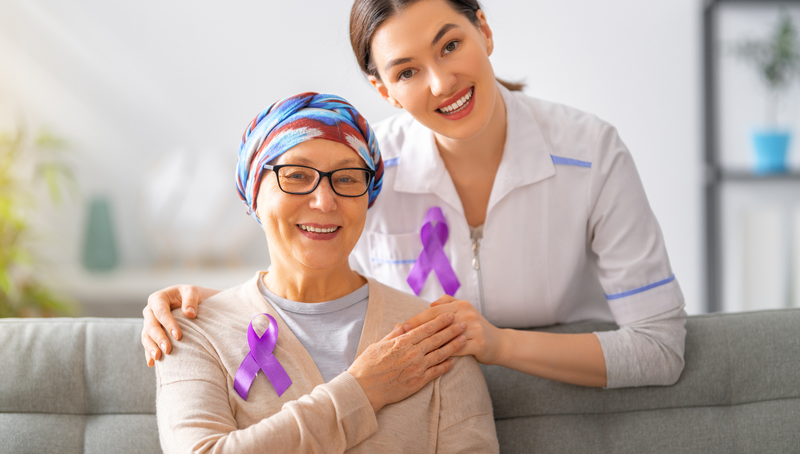Can drinking coffee or tea help prevent head and neck cancer? This is a question that many people are interested in, especially when head and neck cancer is becoming an increasingly global health threat. In the context of the increasing incidence of head and neck cancer, finding effective prevention methods is more urgent than ever. Let’s learn about this study and interesting information surrounding it.
Head and neck cancer includes a group of cancers that occur in areas such as the mouth, throat, larynx and nearby structures. This is one of the types of cancer that can seriously affect the quality of life of patients. In the context of the increasing incidence of this cancer, finding effective prevention methods is more urgent than ever. Recent research on the effects of coffee and tea may open up new opportunities in reducing the risk of this disease. So can drinking coffee or tea help prevent head and neck cancer?
Significance of the Study
A recent analysis of more than a dozen studies has found a link between coffee and tea consumption and the risk of head and neck cancer. The results were published in the journal CANCER, a journal of the American Cancer Society. Head and neck cancer is the seventh most common cancer worldwide, with incidence rates rising, particularly in low- and middle-income countries. Although many studies have investigated the relationship between coffee or tea consumption and head and neck cancer, the results have been inconsistent.

The effects of coffee and tea may open up new opportunities in reducing the risk of this disease
Analyzing the study data
To shed light on this issue, the researchers conducted an extensive analysis by looking at data from 14 different studies, all affiliated with the International Head and Neck Cancer Epidemiology Consortium. These studies were conducted by research teams in multiple locations around the world, aiming to provide a comprehensive view of the association between coffee and tea consumption and cancer risk.
Participants in these studies were asked to provide detailed information about the amount of caffeinated coffee, decaffeinated coffee, and tea they had consumed. This information was recorded by cup per day, week, month, and year, giving the researchers a clear picture of each individual’s drinking habits and from there analyze the association with the risk of head and neck cancer.

Discover the answer to the question of whether drinking coffee or tea helps prevent head and neck cancer
In a total of 9,548 people with head and neck cancer and 15,783 people without cancer, the study found that people who drank more than four cups of caffeinated coffee per day had a 17% lower risk of head and neck cancer than those who did not drink. The risk of oral cancer was reduced by 30%, while the risk of oropharyngeal cancer was reduced by 22%. Drinking three to four cups of caffeinated coffee reduced the risk of hypopharyngeal cancer by 41%.
In addition to coffee, drinking decaffeinated coffee was also associated with a 25% lower risk of oral cancer. Drinking tea was also beneficial, with a 29% lower risk of hypopharyngeal cancer. Interestingly, drinking one cup or less of tea per day was associated with a 9% lower risk of head and neck cancer and a 27% lower risk of hypopharyngeal cancer. However, drinking more than one cup of tea per day was associated with a 38% higher risk of laryngeal cancer.

Head and neck cancer is a common group of cancers.
Conclusions and Recommendations
Can drinking coffee or tea help prevent head and neck cancer? While previous studies have shown that coffee and tea consumption may reduce the risk of cancer, this study highlights their different effects on different cancer sites in the head and neck region. Decaffeinated coffee also showed some positive effects.

More research is needed to better understand the link between coffee, tea and cancer risk.
Dr Yuan-Chin Amy Lee, senior author of the study, stressed that coffee and tea drinking habits are complex and more research is needed to better understand their links to cancer risk. This opens the door for further research to determine how best to use coffee and tea to protect human health.





